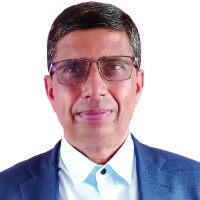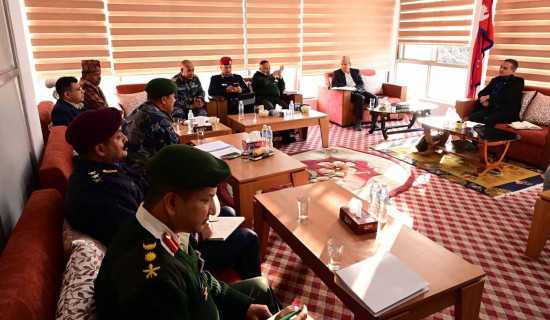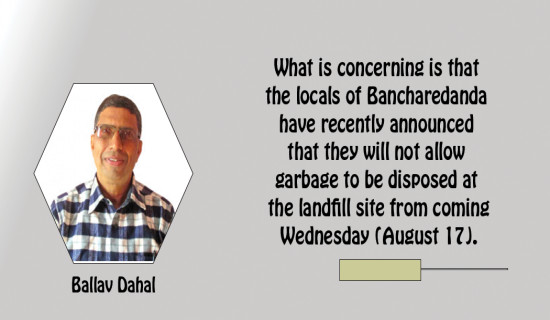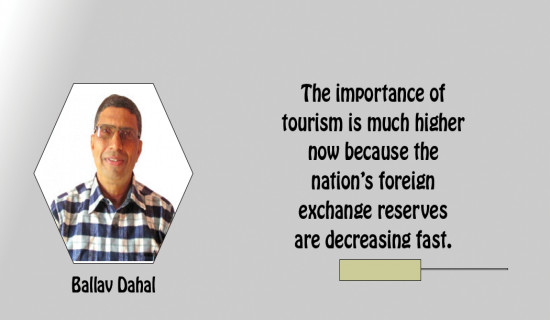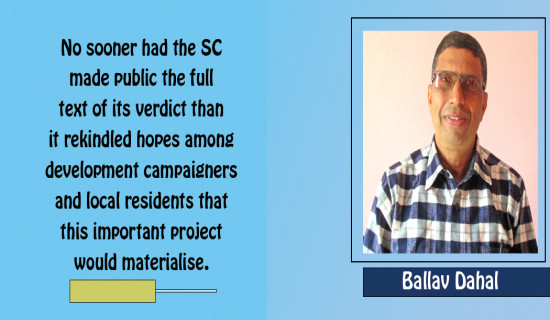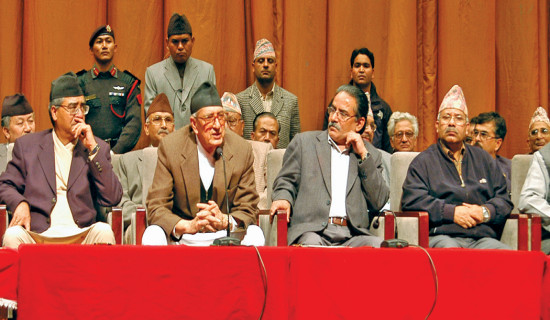- Saturday, 21 February 2026
Meditation Enhances Peace And Harmony
The United Nations (UN) has finally recognised the importance of meditation for people and societies’ well-being. After the UN General Assembly (UNGA) passed a resolution on December 6, the World Meditation Day was marked with much enthusiasm and fanfare globally on December 21. The proposal for the UN’s acknowledgement of meditation was introduced by Liechtenstein, a German-speaking microstate in Europe, while countries like Nepal, India, Bangladesh and Portugal stood in favour of its support. The resolution aims at enhancing global knowledge about meditation’s gift of supporting physical, mental and emotional well-being. The theme of that first ever event was ‘Meditation for Global Peace and Harmony’. The UN’s move is relevant in the present context with different forms of conflict and strife jeopardising global peace and harmony.
Crucial role
With this new resolution, the global body intends to raise public awareness about meditation and its advantages considering everyone has the right to the best possible level of physical and mental wealth. Meditation also fosters empathy and collaboration by contributing to collective well-being. As meditation is practised across all regions worldwide by people of all ages, backgrounds and lifestyles, it may play a crucial role in giving rise to harmony and cooperation. In 2014, the UN declared June 21 as the International Day of Yoga. The declaration was made in recognition of the health benefits of yoga.
It is a welcome step that the UN has acknowledged the power of meditation to deal with growing tensions, conflicts, violence, and societal disconnections. Various researches have proven the significance of meditation for mankind. It helps reduce stress and hypertension and controls pain. It also contributes to improving the quality of sleep, increases awareness and helps with addiction management. In addition, meditation strengthens immunity and improves psychological wellbeing and emotional balance. Those practising meditation regularly are believed to be more capable of dealing with adverse situations easily than the others.
It needs no further elaboration that meditation is an ancient custom that involves laying one’s attention on the present moment. Sages say that one can remain happy and joyful only when s/he is in the present moment. People become tense when they recall any events (positive or negative) taken place in the past. They may also get worried when they think of the future or the result of their efforts. Meditation is rooted in religious and yogic traditions across cultures. So, it has been practised since time immemorial. The Lord Shiva is regarded as the first spiritual master in the world. He had introduced many methods of meditation. Most of them are based on breathing techniques.
Different scholars and spiritual gurus have defined meditation differently. However, their gist is the same. Swami Vivekananda says: “Meditated state of mind is the highest state of mind.” However, some sages define meditation as a technique of controlling the mind. But renowned spiritual master Osho says: “Meditation has nothing to do with controlling the mind because every control is a kind of repression and that which is repressed will take its revenge.” According to him, meditation entails relaxation, and observation of the body, thoughts and emotions without making any judgment. This shows that meditation is just awareness.
People belonging to varied cultures are found adopting meditation globally. It seems to have become an instrument for improving personal well-being and health. One of the most common definition of meditation is that individuals use mindfulness and concentrated thought as techniques to tame the mind and realise a state of mental clarity, emotional calmness and physical relaxation. With the passage of time, more meditation techniques have been introduced, making it easier for interested individuals to embrace it. More people have now an easy access to meditation owing to the development of new technologies. The creation of apps and online platforms has enabled individuals to practise meditation anywhere and anytime. The World Health Organisation (WHO) also accepts the significance of meditation as a powerful self-care tool to manage symptoms of managing anxiety.
Nepal is considered as a sacred land for the promotion of spiritualism. According to religious scriptures, many sages had come to this land for meditation in the ancient times. Nepal’s Himalayan region is believed to have been a preferred place for Lord Shiva and numerous other saints to stay and meditate. This is the reason why the country is still regarded as an important destination with religious and spiritual values. This is also the land where the Lord Buddha was born and revered saint Astabakra shared his wonderful wisdoms with king Janak.
Popular technique
Widely recognised as the apostle of peace, the Buddha had inspired everyone to go for meditation in order to acquire the goal of self-realisation. His initiative has paid off with many devotees still following in his footprint. He had introduced Anapana Sati, the meditation on in-and-out breathing, which is still quite popular among those dedicated to meditation. He had focused on this meditation technique as it is one of the major gateways to enlightenment. More individuals have attained enlightenment by using this technique than any other methods.
In view of increased need for embracing meditation, the three-tier governments need to join hands with religious groups and spiritual organisations to devise necessary plan and policies for promoting meditation nationwide. Many meditation and yoga centres are not in operation in full swing. Initiatives should be taken to open new centres and run the existing ones in a more effective manner. Meditation must be incorporated in school and college curricula so as to make spiritualism a lifestyle of the young minds.
(The author is a former deputy executive editor of this daily.)


